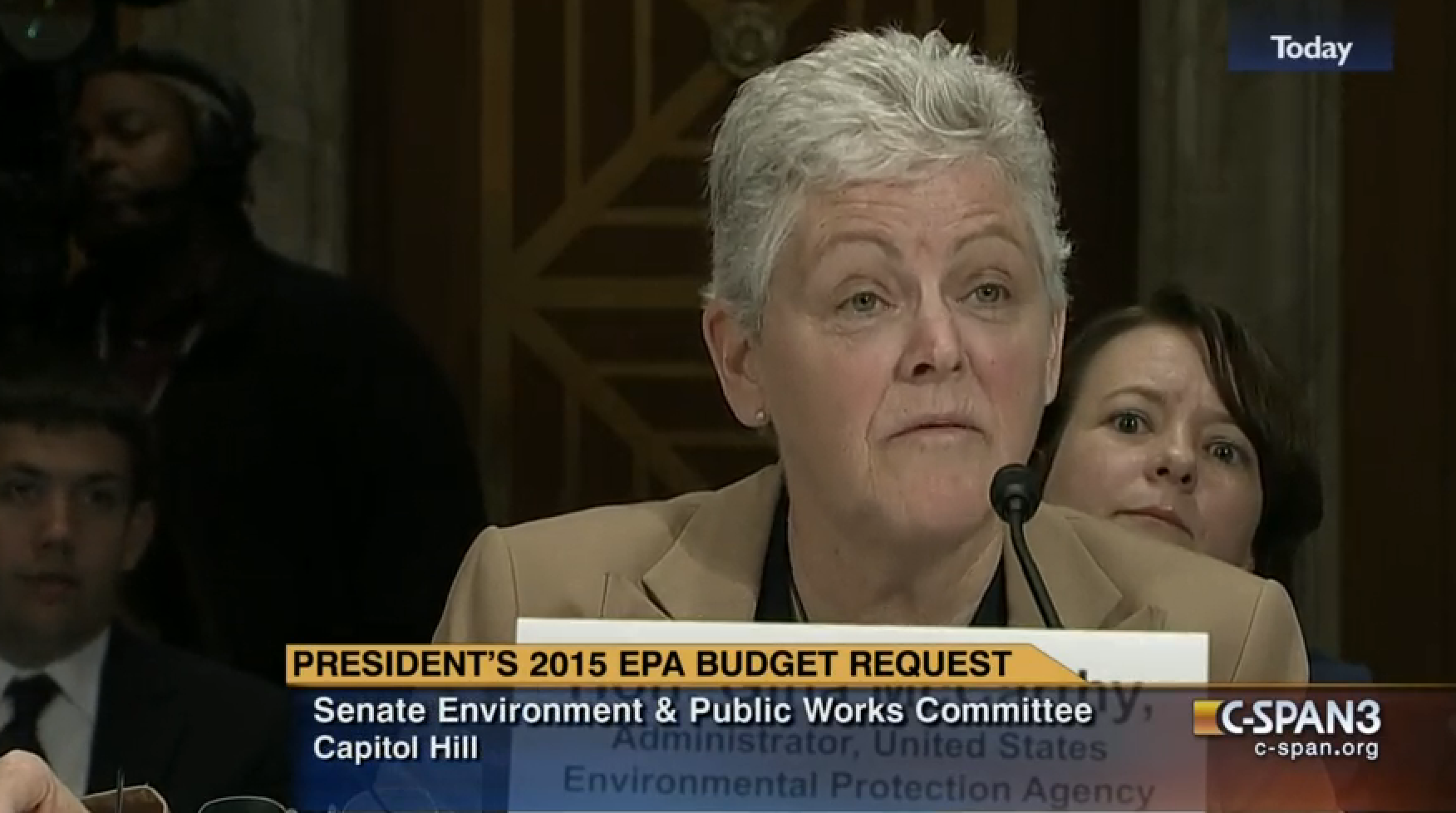Did EPA Exaggerate Health Benefits Of New Ozone Standard To Justify The New Regulation ?

Will this presidential election be the most important in American history?
Did the Environmental Protection Agency exaggerate the health benefits of a new air pollution rule to justify the regulation?
The answer is yes according to an analysis by Energy In Depth (see press release below).
DALLAS, Jan. 28, 2015 /PRNewswire-USNewswire/ — This week, the U.S. Environmental Protection Agency is conducting public hearings on its proposal to implement a stricter National Ambient Air Quality Standard for ozone – a rule that the National Association of Manufacturers has called “the most expensive regulation ever imposed on the American public.” To justify the rule, EPA has argued that it will deliver billions of dollars in net health benefits.
Based upon a review of EPA’s data, Energy In Depth – a research and education program of the Independent Petroleum Association of America – has found that EPA may have inflated the benefits of a new ozone standard by several thousand percent.
Here are the key findings from EID’s analysis:
EPA says the net benefits of a 65 parts per billion (ppb) ozone standard are as high as $23 billion. That’s 3,100% higher than what the EPA previously estimated the same standard would deliver.
EPA’s previous ozone proposal (2011) suggested that a 65 ppb standard would essentially accrue zero net benefits. EPA says its new estimate is based upon “1,000 studies” published since 2008. But EPA’s latest Health Risk and Exposure Assessment shows that nearly 70 percent of the references were published prior to 2011. An overwhelming majority of the research that EPA is citing to justify 65 ppb was available when EPA found 65 ppb would deliver zero net benefits.
EPA’s benefits are premised upon reducing ozone exposure in areas that have been unable to comply with existing standards. In 2011, EPA projected those regions wouldn’t be in compliance until at least the 2020s.EPA’s data bizarrely show that a lower ozone standard could result in increased mortality. In Houston, for example, EPA’s data show that a 65 ppb standard could result in 44 more premature deaths.
In addition to the questionable “public health” justification, EPA’s new ozone standards could threaten America’s energy renaissance by driving up the cost to produce oil and natural gas.
According to NERA Economic Consulting, in a report published last summer:
“New oil and natural gas production could be significantly restricted in parts of the country classified as ‘nonattainment’ areas, limiting supplies of critical energy resources and potentially driving up costs for manufacturers and households.”
“Such cost impacts,” NERA added, “could crush the manufacturing comeback by removing our nation’s energy advantage.”
If a rule of this magnitude is to be imposed, then the EPA should have to provide a far more scientifically robust “public health” basis — one that doesn’t rely on what appears to be a dubious inflation of health benefits and a lack of attention to the quantitative and qualitative costs.



